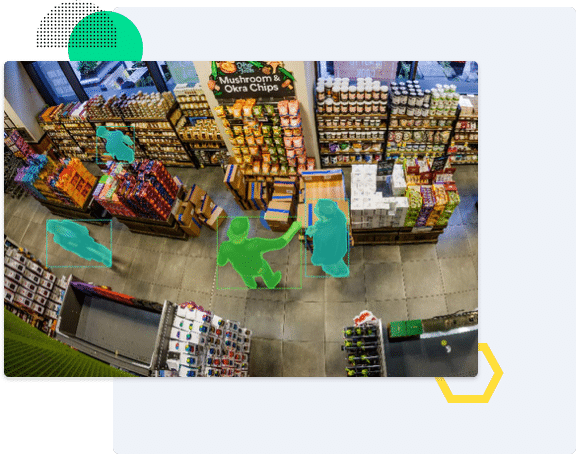Introduction: How Artificial Intelligence Helps Retailers and Customers in Long Run?
How Artificial Intelligence Helps Retailers and Customers in Long Run? Artificial Intelligence is changing retail and the customer experience in a variety of ways. It is one of the technical forces ushering in the era of digital transformation in Retail, alongside IoT, Social, Cloud, Mobility, and Big Data & Analytics. It can reshape the boundaries of customer-retailer relationships. AI has resulted in more simplified and responsive experiences that drive customers to spend more and become brand loyal.
AI-enabled apps and systems are improving the consumer experience in ways that go beyond tailored advertisements, price drop notifications, and chatbot help. Fashion businesses seek to put personalization at the forefront of their consumers’ purchase journeys using this sort of technology.
Also Read: AI and future of Work
Furthermore, AI will assist designers in not only predicting new trends, as depicted by the current fast-changing environment, but also in examining and minimizing environmental consequences when manufacturing items and fashion accessories.
According to recent research, the retail sector would spend an average of $12 billion on AI by 2023. There are numerous plausible explanations, but the main one is that modern technology aids in the gradual improvement of production while lowering operational costs.
Why do you need AI in the retail Industry?
Apart from the incredible speed and business insight that retail software and these technologies can provide, the digital revolution of the retail industry is simply generating profitable firms. In the retail business, AI may be attributed with a variety of benefits; nevertheless, there are a few basic ones that retail workers can rely on.
Also Read: AI and Cybersecurity
1. Attract Customers – With so many creative rivals offering new shopping experiences, established businesses must connect customers in a meaningful and customized way that is distinctive and interesting across all contact points.
2. Synchronize Online and Offline Retail – Traditionally, digital retail software and physical retail media have had different approaches and efforts. Treating these channels as separate business entities, on the other hand, creates friction for customers looking for a hassle-free buying experience and demonstrates operational ineptitude.
3. Make Tangible Logistics Networks More Powerful – Retail professionals must evaluate their existing supply chain in favor of flexible and adaptable ecosystems that can quickly respond to consumers’ evolving habits in order to help a larger range of consumer demands that are moving from mainstream to specialized.
Also Read: Agricultural Robots.
Artificial intelligence (AI) deployment in the retail business has opened up new opportunities from sourcing to after-sales. Many retail executives have recognized the potential benefits of AI and are utilizing it to their advantage.
Today’s consumers prefer to buy everything online rather than visiting the store. Consumers in today’s digital environment want a more personalized purchasing experience. Artificial intelligence is an excellent tool for determining consumer requirements and making appropriate product recommendations. Small-business point-of-sale software may include AI to help them grow at an exponential rate.
Also Read: Smart Farming using AI and IoT
Conclusion:
The influence of artificial intelligence in retail and fashion will make this industry smarter and more sophisticated in recognizing client feelings and tastes. In the long run, it will benefit the whole industry by enabling manufacturers to introduce the most demanding goods on time and with greater precision.
At the customer’s end, it will allow them to personalize their purchasing experience by allowing them to explore more goods based on their preferences, personalities, and budget. Customers will have an easier time finding the correct items thanks to the ability to verify products online and other AI-based approaches.
Whatever the case may be, AI will play a promising role in the retail business as more inventive innovations to incorporate AI into other sub-fields are made.
However, incorporating AI into more critical areas of retail would be impossible unless machine learning engineers and data scientists have access to the proper quality and quantity of training data.
